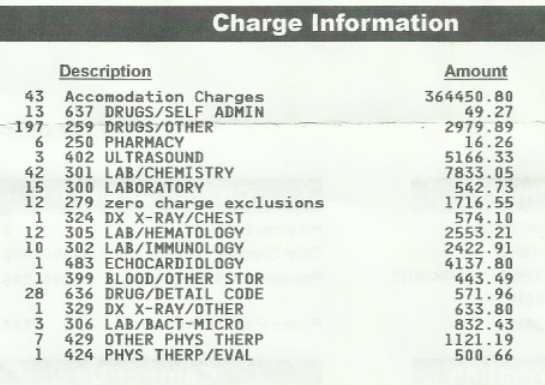At 10:24 I heard the first scream. I felt her ripped from my belly and cry. Her brother cried too, at 10:25. The room was full: more than ten nurses and doctors scurried about to get my newborn twins into a safe recovery space and me, stapled back together.
That night marked the beginning of the lives of my two little babies, and their lives in the neonatal intensive care unit at the Centre hospitalier de l’Université Laval (CHUL) in Québec City. The older one would stay for a month. The younger for two. And I would be confronted with just how precious is life itself, and our ability to care for each other in times of crisis.
Born just after 33 weeks into my pregnancy, my twins would join the ranks of 1 in 10 people who start life premature. They were given the support and care necessary to keep them alive in the NICU, paid for through our taxes.
I could go on about my “birth story,” bleed prose until I haemorrhage to describe what it felt to have an epidural, the moment of seeing the babies for the first time in the NICU or the reaction of the nurse who accidentally dumped my first 5 ml of breastmilk on my legs. But the Internet is full of these stories.
What I owe is a thank-you to everyone whose support made the journey possible: taxpayers.
My pregnancy was high risk. Not once did I skip one of the 20 or so appointments I had during my pregnancy because I couldn’t pay. I had ten ultrasounds in total and met with more than eight doctors, including cardiac and genetic specialists. For free.
I was never asked if I could afford to pay for the machines that helped clear my babies of jaundice, or for the three blood transfusions. Doctors didn’t offer me options based on my ability to pay. The public healthcare system did what it’s supposed to do: provide high-quality healthcare to me when I needed it.
When the beginning of life is confronted with frightening unknowns, the last person you want to talk to is your insurance agent, bank or rich family friend.
The NICU felt like a great equalizer: poor and wealthy sat together in the family room, nervously anticipating the next visit with their infant(s). Anglophones were offered whatever service possible in English. Inuit and First Nations families from Québec’s north spoke in their languages before returning to the unit. A family that had been airlifted from Labrador stayed, impatiently, hoping to see their child make daily progress.
Regardless of who we were, it seemed to me that we all received respect and remarkable care during an incredibly difficult time.
I spent hours in the ward wanting to say thanks to every person I saw. But, the nurses and doctors were just doing their jobs and blubbering with thanks every night felt unnecessary. Instead, my thanks needed to be relayed to the folks whose money made the system’s operation possible: Canadians.
Taxes have gotten a seriously bad rap over the past 30 years. As public services have diminished and tax rates remaining steady or increasing, Canadians are paying taxes without seeing the same benefits that they saw years ago. For example, a family receives fewer benefits from those taxes when their kid’s tuition fee and residence bill totals the same amount as a down payment on a house.
The lower returns from our tax dollars has bred cynicism towards paying them at all. With incomes stagnating, who can blame anyone frustrated with being taxed while receiving diminished services?
But taxes still pay for things we need. Everyone benefits from a universal system of healthcare. Everyone is touched by the birth of someone and nearly everyone will rely on the system in the moments that precede their death. These moments are expensive.
The system is by no means perfect. In the NICU, families who lived far away had to pay for rooms in the nearby Ronald McDonald House. Hospital parking wasn’t cheap and cafeteria meals weren’t either. Nurses who were working overtime sometimes had a shift that exceeded 12 hours. It was easier for me to talk to a resident than a full doctor.
This system is under constant attack. Earlier in January, Rejean Hébert, Québec’s health minister, announced that his government would permit new hospitals to charge patients for their rooms. Unions and citizen groups fought back and the government has already kyboshed the plan.
User fees exchanged for public services limits access; those who can pay are separated from those who cannot. The introduction of every new user fee will result in fewer people able to afford to access that service. No system can be designed intelligently enough to gear these fees to income such that people aren’t left behind, regardless of what some economists argue.
Instead, we have the progressive tax system. It saves lives, lifts people out of poverty and cuts down the wealth of the intensely greedy. Or, it’s supposed to.
Canadians who believe in the principle of universal access to public services know that poorer people suffer when the system is financially starved populist politicians. We need to continuously remind others about why we pay taxes and that we’ll defend our public services when they’re under attack.
But these acts aren’t enough. We also have to hold politicians accountable when they make cynical decisions meant to create crisis conditions that alienate and disenfranchise people.
Surely, it shouldn’t take a brush with a hospital’s intensive care unit to remind us of the importance of taxes.



